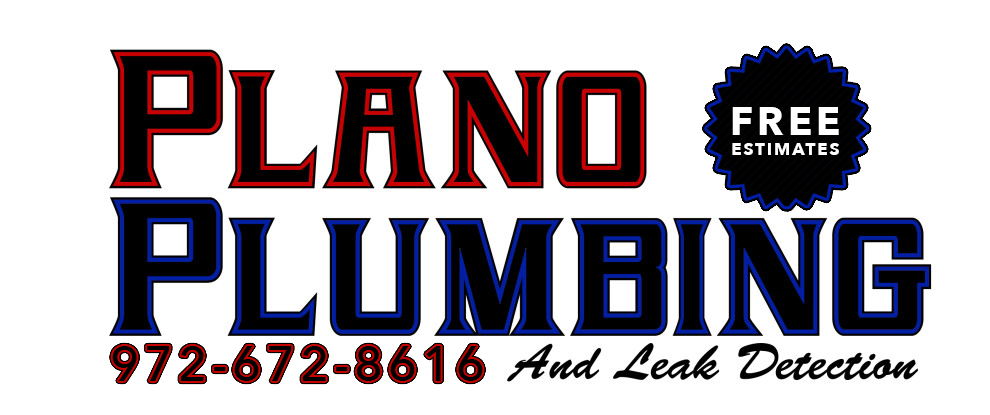Slab leaks present a formidable challenge for homeowners, given their elusive nature and the hefty costs involved in repairs. These leaks, concealed beneath our floors, can persist undetected for days, weeks, or even months. But how long can a slab leak go undetected?
In fact, some slab leaks can wreak havoc on your home’s foundation before you become aware of their presence. This is particularly prevalent in areas with water containing limescale deposits, which can be abrasive and corrode the plumbing infrastructure.
Over time, the inner walls of water pipes gradually corrode, eventually forming holes through which water seeps.
What Leads to A Leak?
Abrasion
One common cause of slab leaks is abrasion, resulting from prolonged pipe stress due to friction against slab materials. Eventually, this wear and tear lead to leaks, especially in hot water pipes that expand and contract with varying temperatures.
Poor Construction
When pipes are bent, dented, or subjected to stress during construction, they become susceptible to rapid deterioration around weak points, ultimately leading to leaks. If your plumbing system was poorly installed within the depths of the slab, a leak becomes an imminent occurrence.
Detecting a Slab Leak: Signs to Watch Out For
Identifying and repairing a slab leak can be a daunting task, particularly when it manifests in less frequented areas of your home. However, there are several signs that can help you determine its presence:
Unexplained Surges in Water Bills
If your water bills have skyrocketed without any changes in your usage patterns, it’s likely that a leak is to blame. Inspect all water faucets and check the water pressure to validate your suspicions. Nevertheless, due to the challenges associated with detecting slab leaks, it’s advisable to promptly contact a licensed plumber for efficient repairs.
Audible Sounds of Running Water
To confirm your suspicions of a slab leak, try turning off all water faucets in your home. Then, carefully walk on the slab and listen attentively for any sounds of running water. Alternatively, seek the expertise of a licensed plumber who possesses specialized leak detection devices.
Presence of Hot Spots
Hot spots on your floor can indicate the presence of a slab leak. Such spots are commonly observed in hot water lines, where the escaping heat warms the floor directly above the leak. Therefore, any unusually warm sections of your floor serve as a telltale sign of an underlying leak.
Moist or Swollen Floors
Significant leaks can cause substantial damage to your flooring and carpets. If you notice wet patches, discoloration, or even slight warping or swelling of your laminate, linoleum, or hardwood floor, it’s highly probable that a leak is present.
Mold or Mildew Beneath Carpets
Slab leaks trap moisture beneath carpets, creating an ideal environment for mold and mildew growth. Over time, these harmful substances can emit a musty odor throughout your home. Mold not only poses health risks but can also spread to other areas, such as your walls.
Additional signs of a slab leak may include:
- Cracks forming in the concrete slab
- Decreased water pressure throughout the house
- Insufficient supply of hot water (indicating a hot water pipe leak)
- Unexpected backups in toilets and bathtubs
It is crucial to treat a slab leak as an emergency, considering its potential dangers and the costly consequences of flooring damage, compromised foundation, and mold proliferation. If you suspect a slab leak, waste no time and contact a licensed plumber in Plano, Texas like Plano Plumbing & Leak Detection immediately.
